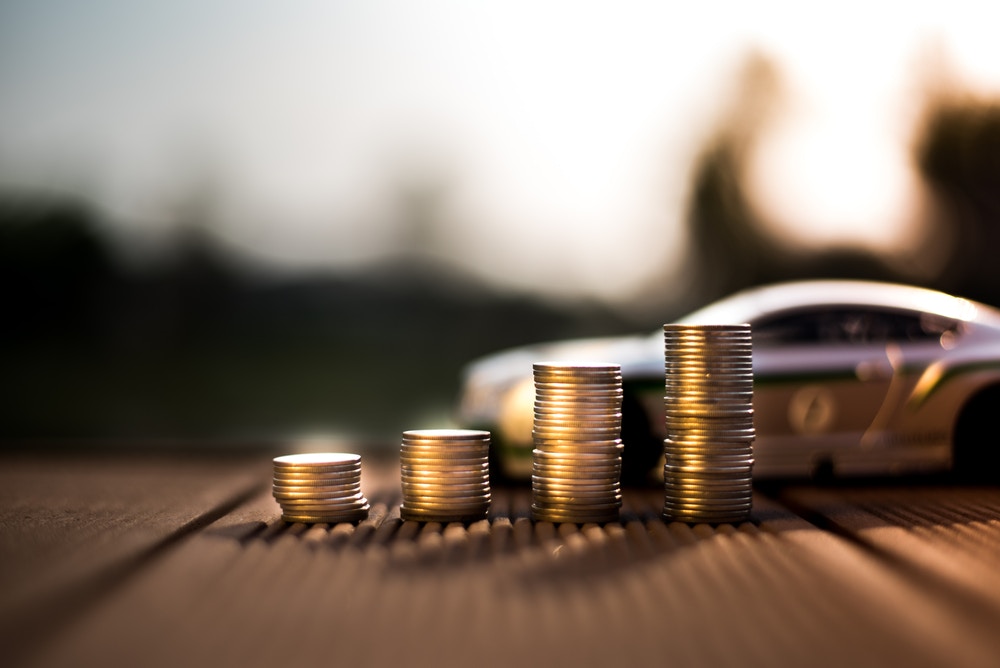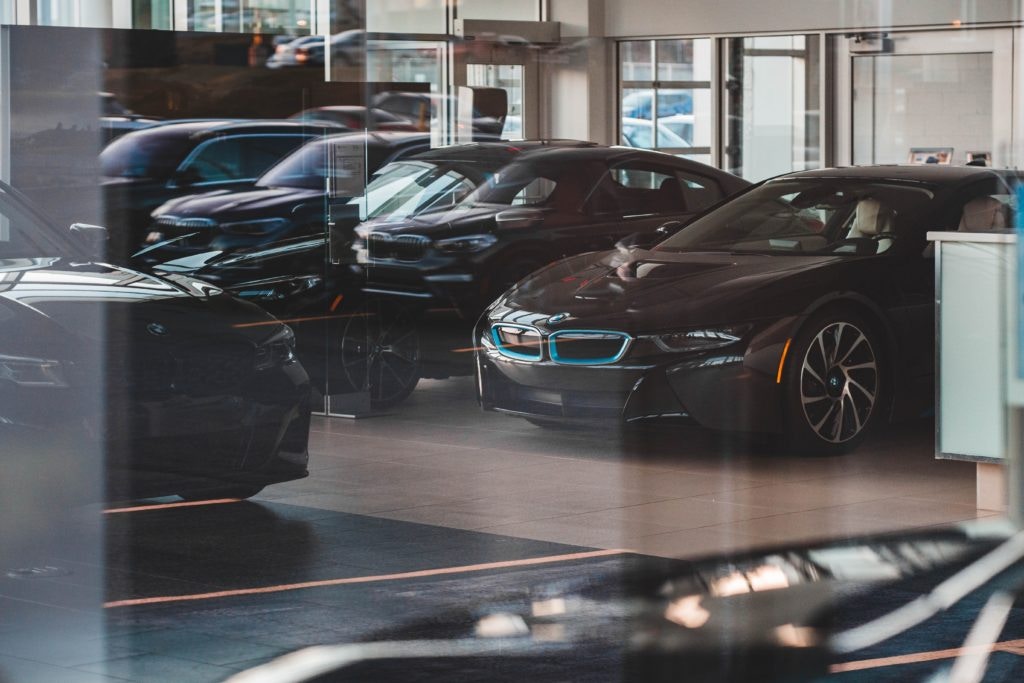Car trade-in value – get your highest offer

Before you buy your next car, you’ll first want to determine what your old car is worth. How much you can get may impact whether you trade in your older car and what car you buy next.
What is trade in value?
Trading in your car can be a handy way to knock some money off the cost of your next vehicle. The dealer will agree to buy your car as a part exchange for the purchase of a new one. The trade-in value is then taken off the final purchase price of your new car. Most car dealerships, including branded ones like Audi, VW, BMW and MINI will offer a part exchange service.
While it sounds like a great way to stretch your budget, the selling price is often lower than expected. Before you start talking to dealers, use our Car Value Tracker to get an idea of your car’s value.
How do I trade in my car?
The process itself is simple. If you aren’t too fussed about shopping around, this can be as fast as driving to a dealership, agreeing on a trade-in value and driving away in a new car.
The hardest part is managing expectations. The trade-in value will usually be less than the amount you could get for selling privately.

How do dealerships find the trade-in value of my car?
A dealer will look at many of the same areas a private buyer would look at when it comes to valuing your car, namely:
- Age
- Mileage
- Cosmetic condition
- Service history
- Extras such as seat upholstery, air conditioning etc.
- Location
That’s why it’s a good idea to understand your car’s worth before you go to a dealer. Motorway can provide an instant, real-time car valuation based on live market data, for an estimate that’s accurate to the day of your query.
What are the differences between car valuations?
Every car has different values depending on who is selling and where. The difference between these values can be considerable and quite confusing so make sure you understand what the common terms mean.
| Wholesale value | The vehicle’s price if it was entered into a dealer auction — not applicable to you as a consumer. |
| Retail value | The cost a dealer sells a car for, usually reached by calculating the vehicle’s wholesale value, transport, repairs, and general overheads. |
| Private party value | The cost you could get selling to a private seller. A private seller can offer the highest price, but admin falls to you. |
| Trade-in value | The price you’ll get for offering your car as part exchange. This is often lower than other options as the dealer needs to keep their markup in mind for reselling your old car. |
| Salvage value | For cars that don’t hold much value as functioning cars, they can still be worth something as scrap. Even if it’s just cash in exchange for the weight of their metal. |
Is trading in a car worth it?
When you trade in you’re unlikely to make as much as you would with a private buyer. But there’s a lot more admin and effort required to sell your car privately. Simply put, the method you choose often comes down to whether you prefer cost or convenience.
| Method | Convenience | Sale price |
| Private buyer | Low | High |
| Motorway | High | High |
| Car buying sites | High | Average |
| Trade in/part exchange | High | Low |
When you sell your car the Motorway way, dealers compete to give you their best price. With a network of over 7,500 dealers, you can expect a swift and easy sale right from your phone. If you purchased your car using a finance scheme like PCP, the dealers will help clear your car’s finance – just one of the ways we help you get more money when you sell your car on Motorway.

What happens to old cars that are traded in?
After trade-in, your car will get a bit of a spruce up then put up for sale. If your car fails to sell, the dealership may send it to another location where it thinks it would sell better. For example, a smart car would probably fare better in Birmingham than in rural Wales, whereas for a Land Rover it may be the opposite. Of course, if all else fails, there’s always the car scrapping option.
However, once a dealer agrees on a trade-in value and takes your car, and you happily drive away in a new one, that’s it. You have no responsibility to help the dealer get a good deal on your car, so the fate of it, be it in the forecourt or the junkyard, isn’t something you need to worry about.
Do they drive your car when you trade it in?
There’s no strict rule here. Some dealers might just check the mileage and cosmetic damage. Others might want to take your car for a quick spin to make sure everything is in working order before deciding its trade-in value. This is why it’s good to have a valuation figure in mind so you can know if it’s more than just your car that’s being taken for a ride.

Ready to sell your car?
Want to read more about owning, valuing and selling your car? Check out more of our guides here, covering everything from depreciation and maintaining your car’s value. Everything you need to understand your car’s worth in the wider market.
- How to sell a car with free collection
- Top 5 ways to sell a car
- Is part exchange always a good choice?
- Car value and the finances of part exchange
- Part exchange and dealer’s choice
- What do car dealers look for with part exchange
- Part exchange vs. online car-buying services
- Getting a better offer for part exchange
- Part exchange and price negotiation
- Part exchange costs to change car
- Runout models and part exchange
- What documents do you need to part exchange?
- Walking away from part exchange
The information provided on this page is for general informational purposes only and should not be considered as professional advice.